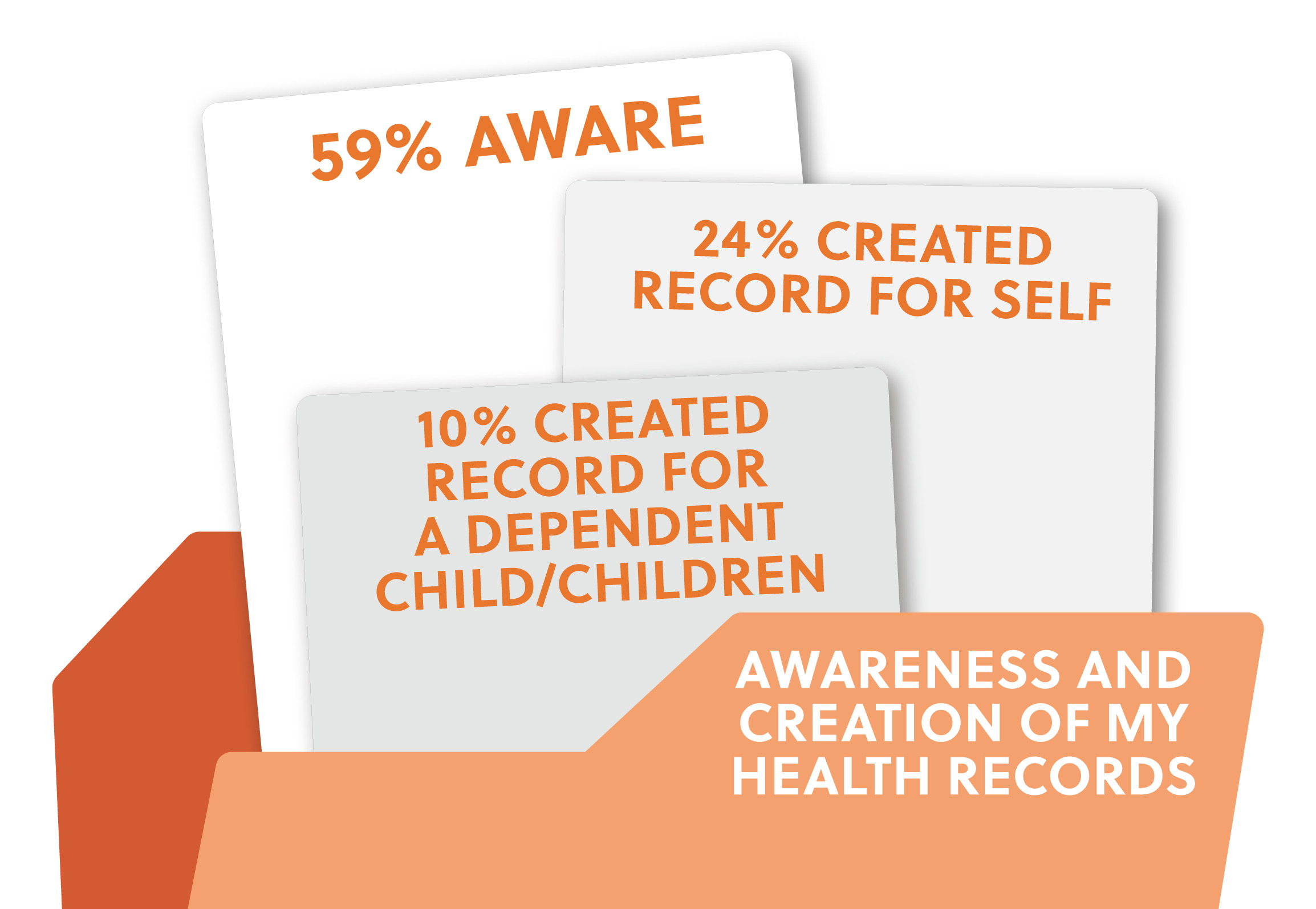Australian Laureate Professor Jacques Miller has been jointly awarded the prestigious Japan Prize for research undertaken in the 1960s that established the basic concepts underlying modern immunology and led to the development of immunotherapies which have saved countless lives around the world.
Professor Miller undertook this research while working at the Walter and Eliza Hall Institute (WEHI) in Melbourne, in collaboration with American researcher Professor Max D Cooper. The Japan Prize Foundation said the work of the two winners laid “the conceptual groundwork for our understanding of nearly all fields touched by immunology.”
‘Research Australia congratulates Professors Miller and Cooper on this very significant award, recognising the extraordinary contribution they have made to science and human health’ said Research Australia CEO Nadia Levin. ‘This award is further evidence of the long history of world class health and medical research undertaken in Australia, and the contribution it makes to better human health around the world. It is also a reminder of the need for patience. New discoveries in basic research can take decades to make an impact in the community, but when they do the benefits can be immense’.
Professor Miller is also widely regarded as the last person to discover the function of a human organ, the Thymus, and is a previous recipient of the Copley Medal of the Royal Society of London and the Prime Minister’s Science Prize (2003). Although he formally retired from WEHI in 1996 he continues to be actively involved in immunology research at the Institute.
Professor Miller becomes just the second Australian researcher to win the prize since it was first awarded in 1985, joining Professor Frank Fenner who won the award in 1988 for overseeing the eradication of smallpox.
The Japan Prize is awarded annually to scientists and engineers from around the world who have made significant contributions to the advancement of science and technology, thereby furthering the cause of peace and prosperity of mankind. More information is available at http://www.japanprize.jp/en/index.html








